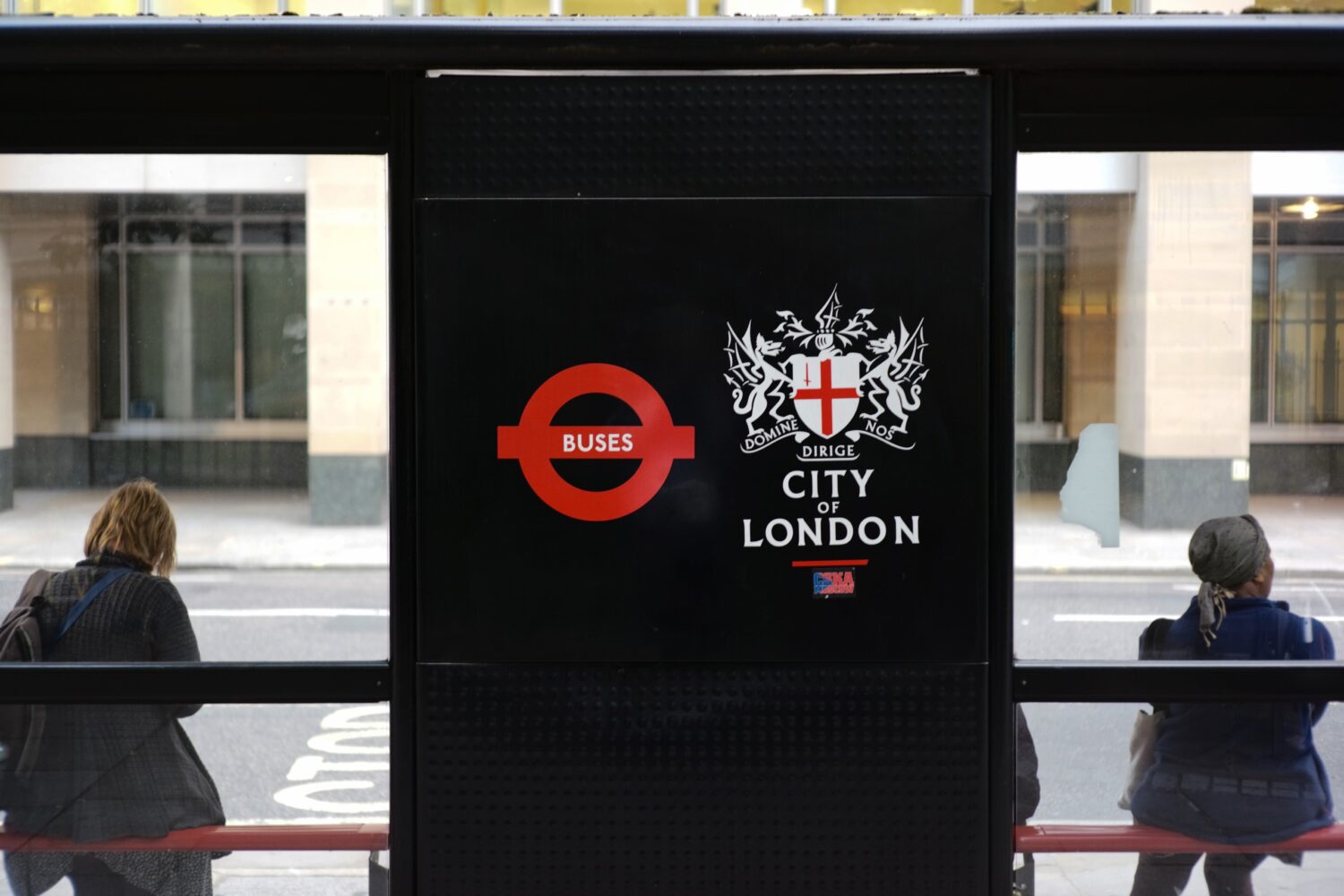Crisis of connection
Loneliness and disconnection are pushing our politics and our public health to breaking point, argues Sam Dalton
The UK is experiencing a crisis of social disconnection. Rising levels of loneliness have combined with division and dislocation to pull our social relationships apart and create a steadily less united country.
New data from the Campaign to End Loneliness shows that half a million more people are chronically lonely than before the pandemic, and that chronic loneliness is affecting younger and older people alike. We are increasingly socially separated from people of different backgrounds and generations, with one study finding that people had around 40 per cent to 50 per cent fewer social interactions with people of other ethnicities than would be the case if their social networks reflected local demographics. Segregation between retirees and young adults more than doubled from 1991 to 2016, and around half of over-65s would need to move home in order for them to be evenly distributed among young adults. These fractures in our society mean that people of all ages have become far less likely to say they belong in their neighbourhoods.
You might ask: “well, that’s very worrying, but what has this got to do with politics? Isn’t this a personal issue?”
It is true that loneliness and disconnection is terrible for those who experience it. But disconnection is a public health crisis and a political crisis as well as a personal tragedy. A lack of social connection has been shown to be as harmful as smoking 15 cigarettes a day, with an increased likelihood of strokes, heart attacks, anxiety, depression, and dementia. The health of our democracy suffers, too, with division and isolation undermining social cohesion and trust in democratic norms.
And at a time of great economic challenges and uncertainty, the impact of social disconnection on the UK’s finances is something that we should all be paying attention to. A 2017 study produced by the Centre for Economics and Business Research suggested that disconnection within communities costs the UK approximately £32bn annually, with employee wellbeing worsened, trust between different economic groups lower, and less opportunity for the exchange of ideas.
Building connection: a manifesto
The good news is that there are lots of things we can do to build social connection and overcome this crisis. In our new manifesto published this week, The Cares Family has set out five big and bold policy ideas for strengthening social connection across the UK.
First, we recommend the launch of a new governmental loneliness and social connection strategy, reaching across departments and giving the issue a new focus. The funding and prominence allocated to loneliness since the launch of the first ever loneliness strategy in 2018 has waned, and the pandemic has since lent a new urgency to the problem by exacerbating many of the issues the initial 2018 strategy was intended to address.
This strategy should be tied to the appointment of a dedicated minister for loneliness and social connection, whose main responsibilities would be to create stronger connections between people of different backgrounds and generations and help people feel less lonely. Social connection and loneliness can no longer be buried in a deep ministerial portfolio as an afterthought.
Third, a new Centre for Social Connection should be created to support local organisations and groups which are bringing people together. The centre would help share insights and evidence on what works when it comes to building connection, develop new research and tools, and support community leaders who are setting up new projects to connect people in their local area.
Of course, thought needs to be given to where new funding could be generated to support policy programmes that build social connection. There is a growing body of evidence which suggests social media is having a net negative impact on social connection and loneliness. For instance, a 2018 study found that people who limited their use of Facebook, Instagram, and Snapchat to 30 minutes a day for three weeks had significant reductions in loneliness and depression compared to those that did not. The manifesto recommends a small levy of 0.5 per cent on the profits of social media companies on top of the 0.5 per cent already suggested by the All Party Parliamentary Group on Social Media. This would help fund initiatives bringing people together for face-to-face connection.
Lastly, handing more power to local communities could have a huge impact. Labour has already signalled its intention to devolve more power away from Westminster. It has committed to a ‘Community Right to Buy’ which would give communities the chance to take control of pubs, historic buildings, football clubs and other sites that come up for sale or fall into disrepair. The We’re Right Here campaign, led by community leaders from across the country, is calling for the party to go further by introducing a Community Power Act. Handing more powers to local communities in this way would strengthen social connections because it gives people a powerful reason to come together.
So, while our country is experiencing a social disconnection crisis that is damaging to public health, society and to individuals, there are answers out there. Far from being merely ‘nice to have’, improving social connection would put our healthcare system, democracy and economy on a much stronger footing. We shouldn’t be asking ourselves whether we can afford to strengthen social connection; rather, we should be asking whether we can we afford not to.
Image credit: Will H McMahan via Unsplash
Image credit (pinned N&I): the blowup via Unsplash

